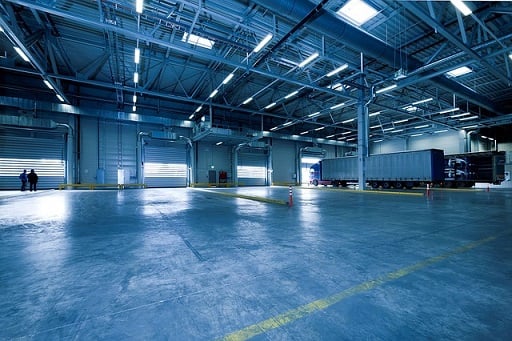A thirst for industrial commercial space in Vancouver comes amid massive changes in how the retail sector conducts its business

A seismic shift in how the retail segment operates is fuelling an ever-stronger demand for industrial space in Vancouver, according to a discussion at a recent meeting of commercial real estate association NAIOP.
Panel moderator and Deloitte LLP partner Rick Kohn noted that the most significant development was that brick-and-mortar retail has become increasingly about the top-end shops and volume retailers, with the middle being hurt the most by cross-border shopping that stemmed from globalization and the internet.
DIG360 principal David Gray concurred, saying that retailers are now leaning upon volume sales heavily.
“[Retailers] have to sell more items today to even keep pace with what you were doing last year,” Gray explained, as quoted by Business in Vancouver. “As a consumer, we’ve probably never had it any better.”
The consequence of these changes is that retailers are now exclusively focused on the point of delivery, rather than on the point of sale.
“Competition for the right location is increasing,” Colliers International stated in its recent study of Metro Vancouver industrial properties, which took into account these estates’ accessibility to existing road networks.
“Distributors are willing to pay higher rents in strategic locations to reduce transportation costs and improve responsiveness,” the Colliers report noted, adding that 31 per cent of Metro Vancouver’s industrial commercial space is situated within 1,000 metres of a highway. Among these properties, parcels located within 800 metres of a major thoroughfare have a vacancy rate of just 1.1 per cent.
“The growth of e-commerce is further creating shifts in demand for industrial real estate and the necessity of efficient transportation networks to support fulfilment to end-users,” Colliers explained.
Related stories:
Vancouver commercial real estate activity breaks record levels
Commentary: Canadian commercial real estate now a reliable money-maker
Panel moderator and Deloitte LLP partner Rick Kohn noted that the most significant development was that brick-and-mortar retail has become increasingly about the top-end shops and volume retailers, with the middle being hurt the most by cross-border shopping that stemmed from globalization and the internet.
DIG360 principal David Gray concurred, saying that retailers are now leaning upon volume sales heavily.
“[Retailers] have to sell more items today to even keep pace with what you were doing last year,” Gray explained, as quoted by Business in Vancouver. “As a consumer, we’ve probably never had it any better.”
The consequence of these changes is that retailers are now exclusively focused on the point of delivery, rather than on the point of sale.
“Competition for the right location is increasing,” Colliers International stated in its recent study of Metro Vancouver industrial properties, which took into account these estates’ accessibility to existing road networks.
“Distributors are willing to pay higher rents in strategic locations to reduce transportation costs and improve responsiveness,” the Colliers report noted, adding that 31 per cent of Metro Vancouver’s industrial commercial space is situated within 1,000 metres of a highway. Among these properties, parcels located within 800 metres of a major thoroughfare have a vacancy rate of just 1.1 per cent.
“The growth of e-commerce is further creating shifts in demand for industrial real estate and the necessity of efficient transportation networks to support fulfilment to end-users,” Colliers explained.
Related stories:
Vancouver commercial real estate activity breaks record levels
Commentary: Canadian commercial real estate now a reliable money-maker



